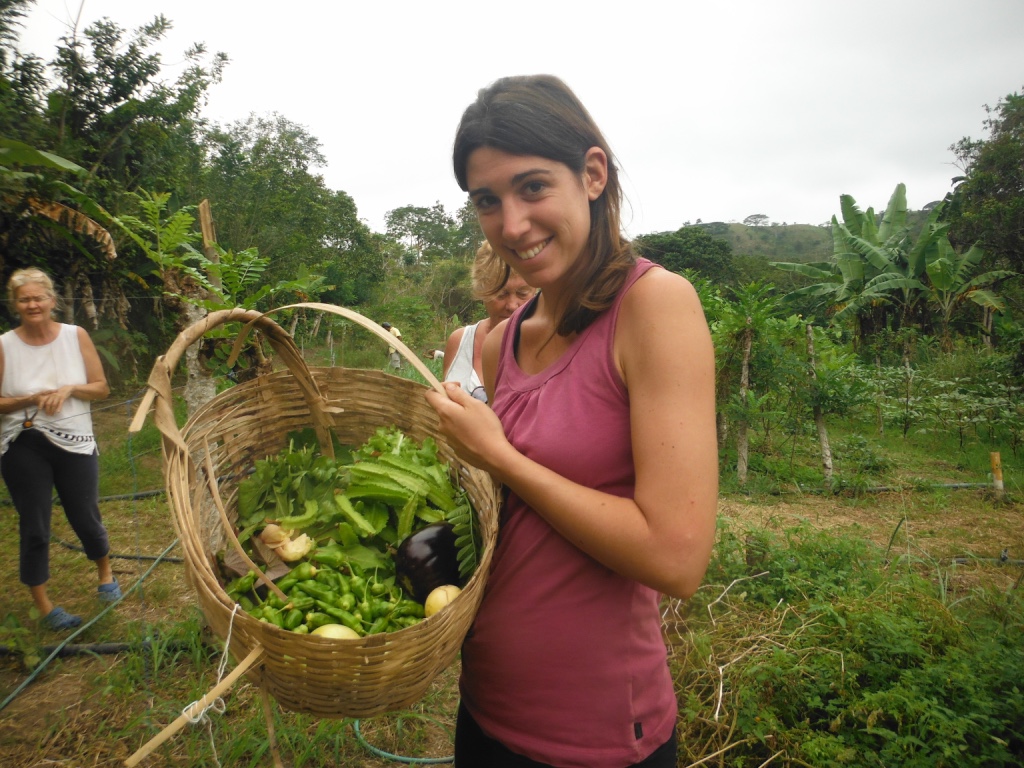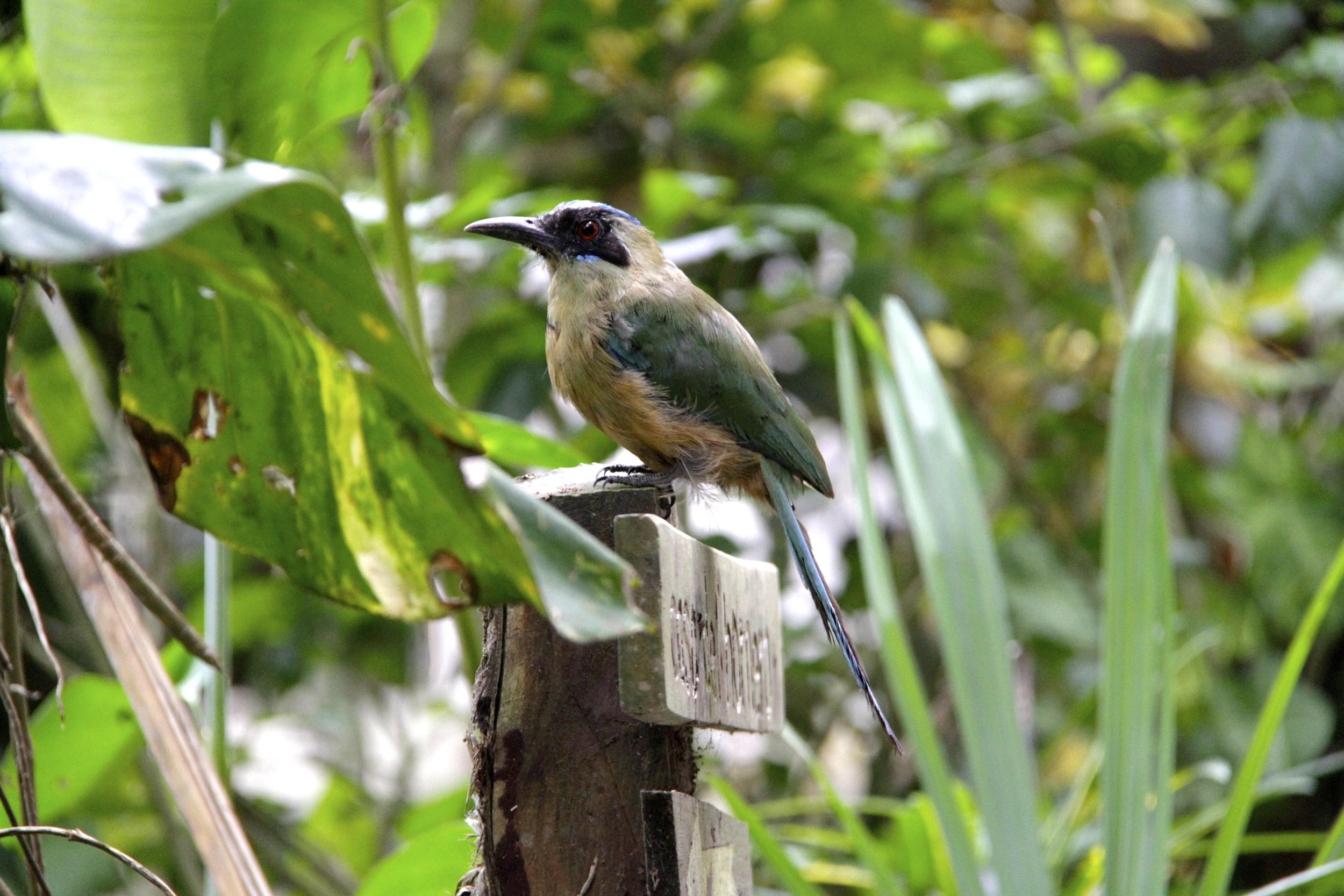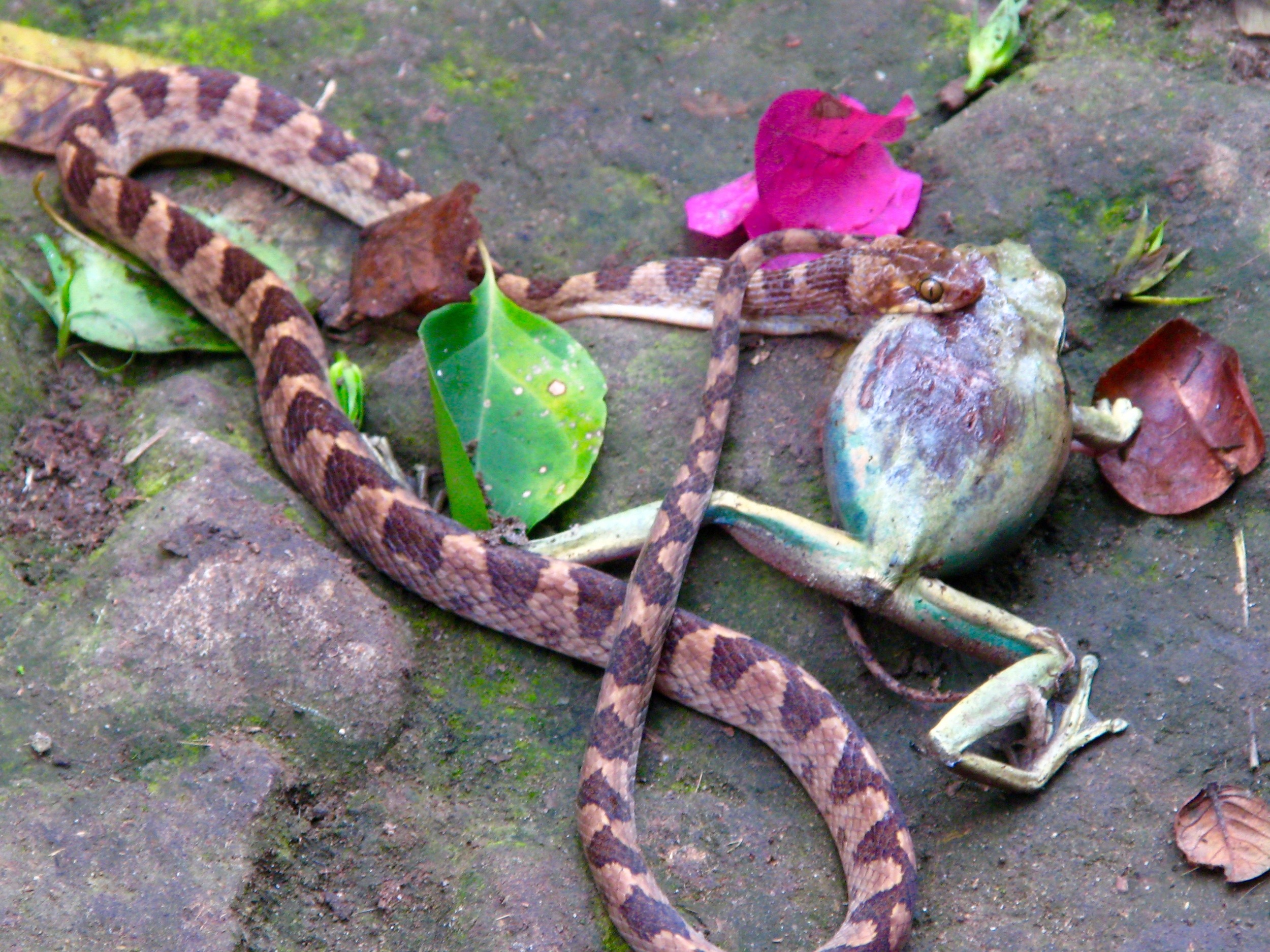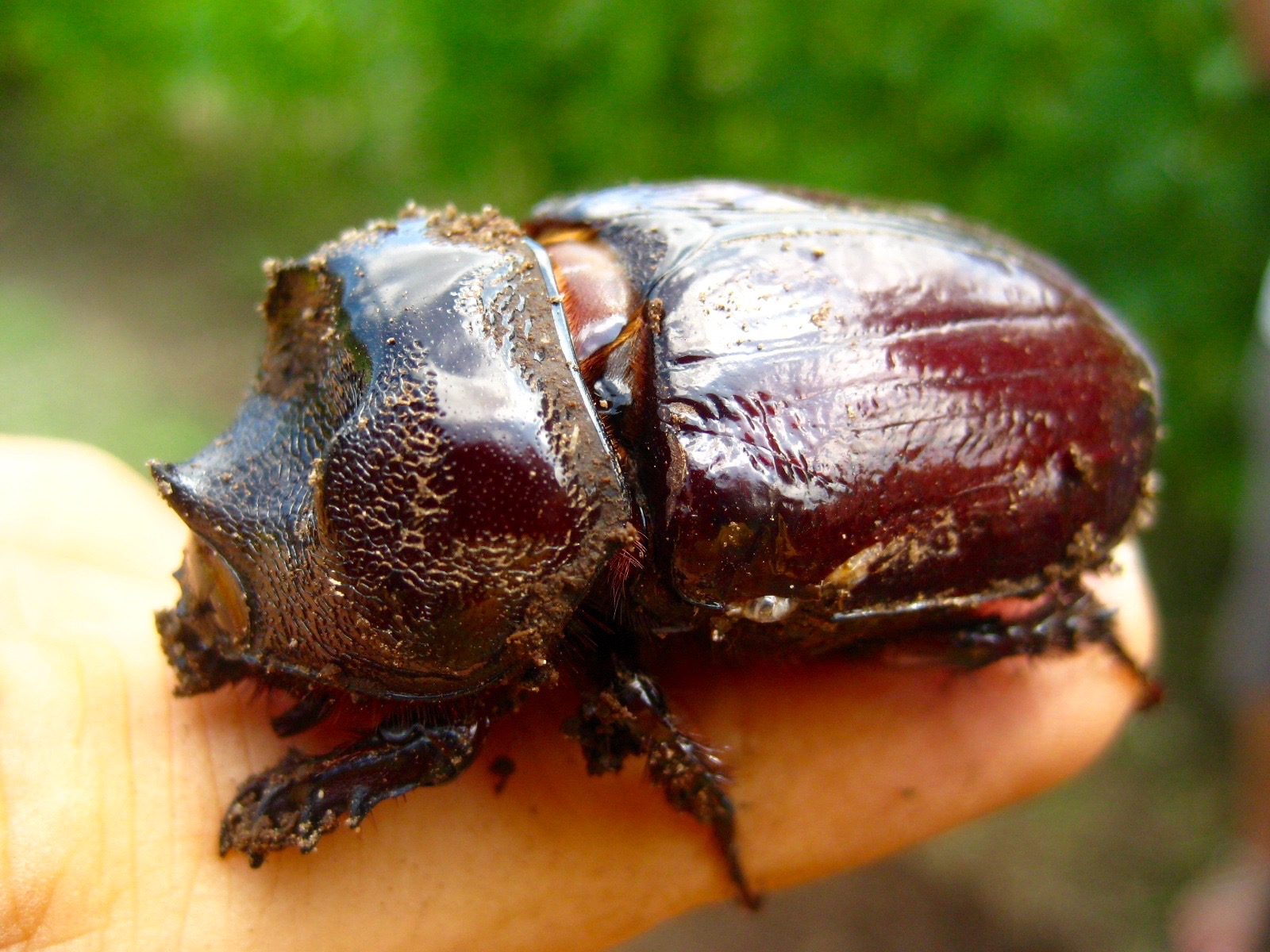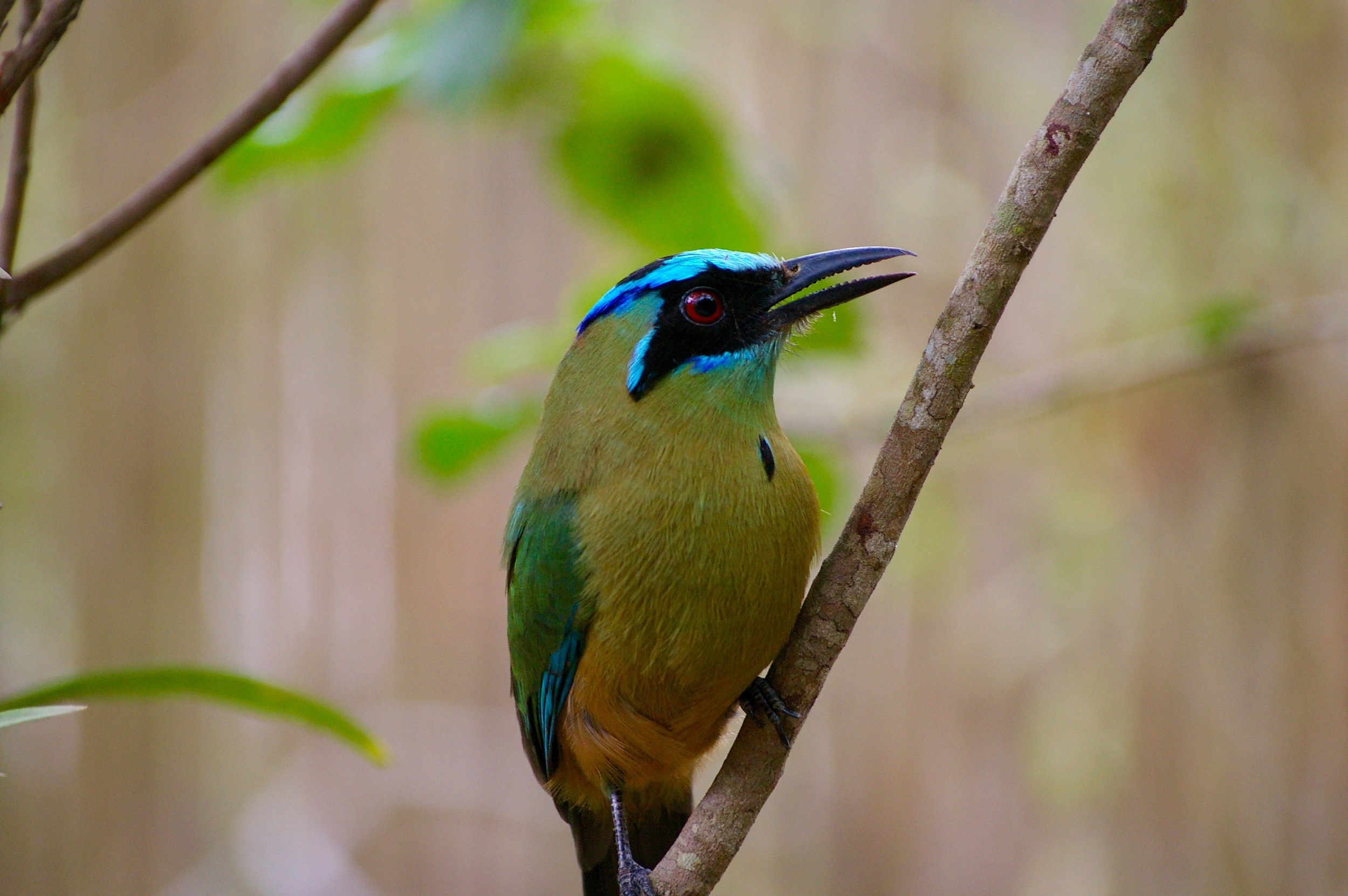....
About Us..Sobre Nosotros
....
....
Río Muchacho is nestled in a small valley on the coast of Ecuador, 40 minutes north of Bahía de Caraquez Ecocity and 15 minutes from the popular beach and surfing town of Canoa.
Río Muchacho Organic Farm and Eco-lodge is an internationally recognized example of sustainable land management through permaculture design and agro-ecology. Scroll further down to read about our achievements and recognitions.
The sustainable farm and learning center are based on Agro-ecology and Permaculture principles. The 10 hectare property is an oasis of food forests, extensive vegetable gardens, pasture, agroforestry areas, models of alternative energy, and rotational animal rearing areas.
Over one hundred crops are rotated throughout the year, and the farm is home to animals of all sizes, shapes, and personalities. Our residents include pigs, guinea pigs, chickens, dogs, cats, composting worms, horses, and--of course--humans.
We have the capacity to accommodate up to 35 people in authentic bamboo bungalows sprawled throughout our property.
..
Río Muchacho es una finca orgánica y centro ecológico de 10 hectáreas de extensión, que está ubicada en el valle del mismo nombre, en el centro de la costa de Ecuador, a 40 minutos al norte de la Ciudad Ecologica de Bahía de Caráquez y a 15 minutos de la popular playa de Canoa.
En la línea de nuestra visión y misión, hemos creado un espacio ecológico único para nuestros invitados dónde pueden estar, relajarse, aprender y explorar, en un entorno tranquilo con abundante y diversa naturaleza, lejos de parecerse a los típicas atracciones turísticas impersonales y faltas de autenticidad.
Llevamos recibiendo visitantes desde hace muchos años; nuestra historia se remonta a casi 30 años y se nos ha reconocido internacionalmente por ser un proyecto de desarrollo positivo y valorado por los logros de alto impacto obtenidos en el entorno. Estamos totalmente involucrados en la comunidad local de Río Muchacho, dominando los aspectos de la permacultura y la agricultura sustentable, ofertando a la vez, diversidad de cursos y capacitaciones adaptables a las diferentes formaciones de los participantes.
La finca orgánica de Río Muchacho es un ejemplo de reconocimiento internacional de la gestión sustentable de la tierra a través de la implantación de la permacultura y la agroecología.
Como finca sustentable y centro de aprendizaje, se basa en los principios de agroecología y permacultura. Las 10 hectáreas de la propiedad son un oasis de bosques de alimentos, extensos huertos, pastos, zonas agroforestales, modelos de energías alternativas y áreas de rotación para la cría de animales mayores y menores.
Más de un centenar de cultivos son rotados a lo largo del año y la finca es el hogar de animales domésticos de todos los tamaños y personalidades. Nuestros residentes incluyen cerdos, cuyes, gallinas, perros, gatos, lombrices de compostaje, caballos y por supuesto, los seres humanos.
Mire abajo para leer más sobre nuestros reconocimientos y logros.
Tenemos la capacidad para hospedar a más de 35 personas en las cabañas de bambú ubicadas junto al río y en diferentes puntos estratégicos de la propiedad.
....
....
The Faces of Río Muchacho
Darío Proaño-Leroux and Nicola Mears are members of the National Association of Organic Producers (PROBIFO). You will find a detailed record of all their projects in the history section.
Darío is of Catalan/French/Ecuadorian descent. He spent the first 18 years of his life living in the Andes, where he was a passionate mountaineer. Eventually he made his way to Bahía where he was involved in both local and provincial tourism projects. For many years he was the Director of Tourism for Manabí, and later he was the Director of the Coastal Resource Management Program where he played a key role in defending the mangrove forest through the creation of protection agreements recognising the cultural and environmental heritage of local communities.
Nicola is a New Zealander who arrived in Ecuador in 1989. She studied horticulture, management of protected areas and non-polluting agriculture. Before coming to Ecuador she taught non-polluting agriculture at Christchurch Polytechnic. She originally travelled to South America to attend the first Latin American conference in organic farming, which was held in Cochabamba, Bolivia. Her first two years in Ecuador were spent developing Alandaluz, an ecological hotel in the southern reaches of Manabí, and working for different foundations teaching organic agriculture. Nicola is an inspector of organic farms and has trained leaders in community based verification schemes.
..
Los rostros de Río Muchacho
Darío Proaño-Leroux y Nicola Mears son miembros de la Asociación Nacional de Productores Orgánicos (PROBIO). Encontrarán una detallada enumeración de todos sus proyectos en la sección de historia.
Darío es un descendiente catalán/francés/ecuatoriano. Estuvo los primeros 18 años de su vida viviendo en los Andes, donde se convirtió en un apasionado montañero. Desde entonces tomó su camino hacia Bahía de Caráquez donde ha estado involucrado en proyectos turísticos tanto locales como provinciales. Durante muchos años fue el Director de Turismo de la Provincia de Manabí y, luego, el Director del Programa de Manejo de Recursos Costeros donde jugó un papel clave defendiendo a los bosques de manglares a través de la creación de acuerdos de usuarios, reconociendo la herencia cultural y ambiental de las comunidades locales.
Nicola es originaria de Nueva Zelanda, llegó en Ecuador el año 1989, habiendo estudiado horticultura, gestión de áreas protegidas y agricultura no-contaminante. Antes de llegar a Ecuador ella enseñaba agricultura no-contaminante en la Politécnica de Christchurch. Inicialmente viajó a Sudamérica para atender al primer congreso sobre agricultura ecológica, que se celebró en Cochabamba, Bolivia. Luego dedicó sus primeros dos años en Ecuador al desarrollo de Alandaluz, un hotel ecológico al sur de la costa de Manabí y en asesoría para distintas fundaciones, enseñado agricultura orgánica. Nicola es además inspectora de fincas orgánicas y ha estado enseñando a los líderes sobre los sistemas de verificación basados en la garantía de participación de las comunidades.
....
Dario and Nicola
Ecotourism
Ecotourism is an important part of life at Río Muchacho. The farm has accommodation for up to 35 people curious about how to relate to the Earth in a sustainable and rejuvenating way. The bungalows, work structures, and main house are all primarily constructed from local materials. Bungalows have from 1 to 10 beds, as well as ecologically designed bathrooms with composting toilets. The grounds host a wide range of visitors, including Ecuadorian students, short and long term volunteers (both national and foreign), tourists, volunteer groups, and permaculture students. We've designed the farm in such a way that humans can work with nature rather than against it, and all who visit have the unique opportunity to feel part of a very intricate and special world.
People of all ages and ethnicities come simply to enjoy the peace of the countryside, the local culture, the fresh organic food, and to learn more about sustainable living. There are a number of ways you can experience life at Río Muchacho, including self-guided tours, multi-day tours, Spanish courses, custom made programs, and cultural exchanges. The Farm can also be used as a venue to host large groups.
Two times a year, an intensive one-month permaculture and sustainable agriculture course is offered, along with part-time courses for local farmers, students, and teachers.
There is always a colourful blend of locals, travelers, students, and volunteers sharing their experiences, skills and abilities. For many it is the experience of a lifetime!
“We wanted to visit a local family and sample typical food, but we got much more. Experiences like this help us evolve from tourists into like-minded people.”
-Nic Pilbrow, New Zealand
Achievements and recognition
Rio Muchacho has been recognized nationally and internationally for its constant efforts in nature preserving and sustainable living practices.
Here is a list of our achievements and recognitions:
Named one of National Geographic Travel's 8 favourite places to stay in Ecuador
Named one of 13 most ecological destinations in the world - TV5 Ocean Pacific Canada
First agro-ecotourism project in Ecuador - Ministry of Tourism
Pilot project of ecotourism certification - Associacion Ecuatoriana de Ecoturismo
First paper recycling workshop in South America - 1992
First organic certified shrimp fishery - Naturland e.V. Germany
First Prize - Turismo Conciencia 2013 - Escuela Politécnica Agropecuaria de Manabi
Creation of an Environmental School in the local community, which ran for 25 years


